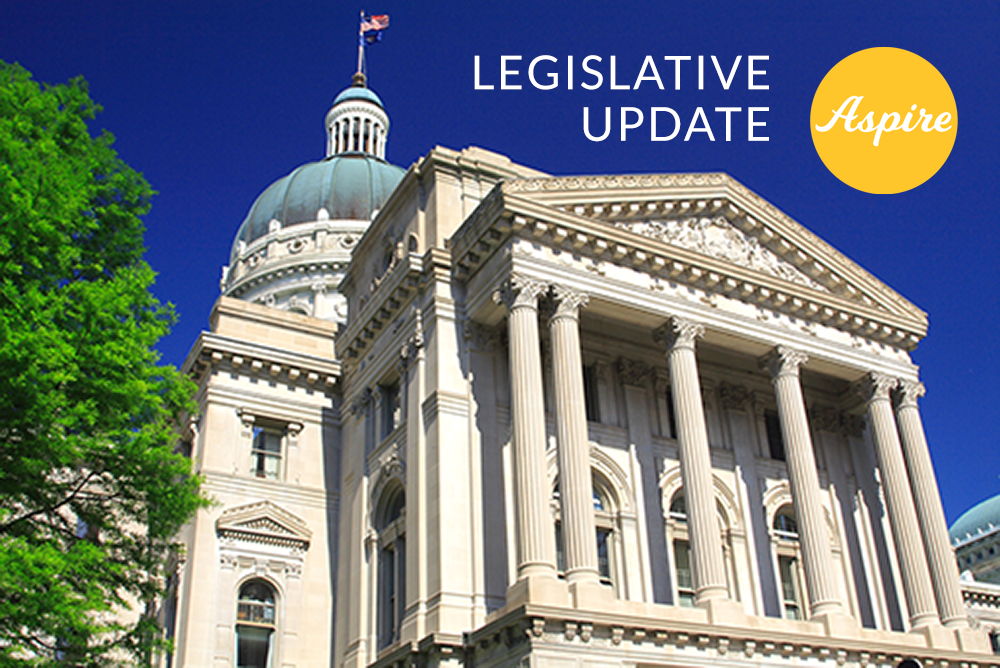Second Half Starts with Workforce and Housing

Lawmakers returned to Indianapolis last week after a brief mid-session break. Committee hearings restarted for the second half, but at a much slower pace than the end of the first half. So, what does the second half of the session look like?
This is the point in the legislative session where all the bills that passed out of their initial chamber will have a second set of eyes put on them from the opposite chamber. (E.g., bills that passed out of the House will now be heard in the Senate.) Bills move through the same process – committee hearings and votes, then second reading amendments and third reading final votes in the full chamber – over the next six weeks.
From there, bills are sent back to the original author. If the bill has changed at all in the second half, the bill author can either consent to the changes and the originating chamber will vote to concur, or the bill author can dissent to the changes and the bill will be sent to a Conference Committee. Those changes are negotiated largely during the last two weeks of the session, where a bill’s fate ultimately lies.
There was movement on some matters that made news last week, such as an increase in jury duty pay (last adjusted over 30 years ago), and an expansion of the list of expenses fathers would be lawfully required to help cover . But here are a couple quick updates on some of Aspire’s priority issues this session.
Omnibus education bill HB 1591 was heard in the Senate Education committee last week. This bill now includes language to add permanency to the On My Way Pre-K program, expands the eligible list of providers, and encourages providers to increase wages for employees seeking additional credentials. Aspire testified in support of this language because the program’s success helps families afford childcare and participate in the labor force. The bill was held in committee but is eligible for committee amendment and vote when it is next scheduled.
Also along the lines of helping people participate in the labor force, we like HB 1451 because it increases the amount of earnings someone can keep when they work part-time while drawing unemployment insurance. This supports workers trying to support themselves while they seek full time work and supports employers who need workers. The bill drew wide support last week and has been added to the calendar for an amend and vote hearing this week.
On the housing front, we have not yet reported on SB 300 governing Residential Tax Increment Financing. Currently, a city or town can designate a residential area as an allocation area to capture residential property taxes and reinvest those taxes into that area. Communities use this to develop new housing in blighted areas, assist in the rehabilitation of neighborhoods, and improve infrastructure In neighborhoods. The program is intended for local government to spur housing in areas where the private sector can’t be successful alone.
SB 300 removes the threshold conditions for establishing a residential housing development program and a tax increment allocation area for the program, including the condition that the governing body of each school corporation affected by the program must pass a resolution approving the program before the program may go into effect. This is helpful as it would expand existing tools communities can use to help increase the inventory of workforce housing for our teachers, firefighters, production laborers, and more.
